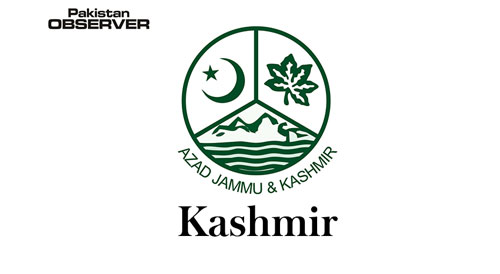Srinagar
The President of Jammu and Kashmir Council for Human Rights, Dr Syed Nazir Gilani, in a letter addressed to Chief Executive Officer of India’s National Human Rights Commission has raised the issue of continued house arrest of Chief Administrative Officer of JKCHR in occupied Kashmir.
According to Kashmir Media Service, Dr Syed Nazir Gilani in his letter wrote that the JKCHR Chief Administrative Officer of occupied Kashmir chapter, who played a lead role in arranging humanitarian relief and medical aid to the victims of 2014 floods in various parts of the territory remains locked down since 5th August 2019 in his home town in Kupwara and the family does not have milk and vegetables for the last three days.
“His family and people in Kupwara could not have tea at Sehri during last three days. It may be possibly the first time in the history of the town in Kashmir that people could not have tea at Sehri and at Iftari,” he wrote.
Dr Nazir Gilani maintained that Kupwara is rich in producing milk and vegetables. “The non-availability of these two items goes to prove that life in Kashmir has been reduced to a process and people are denied a quality of life. One can imagine the magnitude of added suffering during Ramadan and the Corona Pandemic of a people locked indoors from 5th August 2019,” he added.
The JKCHR President stated that a large number of Kashmiris are languishing in jails outside occupied Kashmir and youth have been taken out of circulation and lodged at unknown places inside and outside the territory.
He said Indian Army seems to be driven by a sense of hate and revenge, against a people (regardless of gender and age), demanding an expression of their free will under UN supervision, as demanded by the Government of India at the 227th Meeting of UN Security Council on 15 January 1948.
Dr Nazir Gilani said, two UN Human Rights reports of June 2018 and July 2019 have recommended the establishment of an “Independent International Investigation into allegations of human rights violations in Kashmir.
“The May 2019 Report by the UN Secretary General has made a finding that Indian Security Forces were using “minor Kashmiri children for espionage”. It constitutes a war crime. The Human Rights situation in the Valley in particular, is very grim and there is “Gross and Systematic Violation” of Human Rights.
We would request that NHRC of India sets up a team of investigation, of course, with at least 3 or 4 human rights advocates from outside India, in their advisory role as part of this fact finding mission,” he wrote.
The JKCHR President maintained in his letter that the first Muslim Attorney General of India, Goolam E Vahanvati, at the Second Universal Periodic Review 2012 on 24 May 2012 in Geneva claimed that “India is an ancient country with strong social traditions”. “I sincerely trust that these traditions don’t allow to kill Muslims at Sehri, destroy their homes at Sehri and deny them milk and vegetables in the month of Ramadan and deny them the freedom of a cup of tea at Sehri or after Iftar,” Dr Gilani pointed out.
He hoped that the National Human Rights Commission of India would take an urgent action for the protection of human rights in occupied Kashmir. “We hope that Government of India lives up to its pledges made to the people of Jammu and Kashmir on 15th January 1948 at the UNSC and pledges made at the UN Security Council that it would honour the rights specified in the UN Security Council Resolution of 21st April 1948,” he added.
Dr Nazir Gilani also sent a copy of the letter to the office of UN High Commissioner for Human Rights, Michelle Bachelet, in Geneva.—KMS










